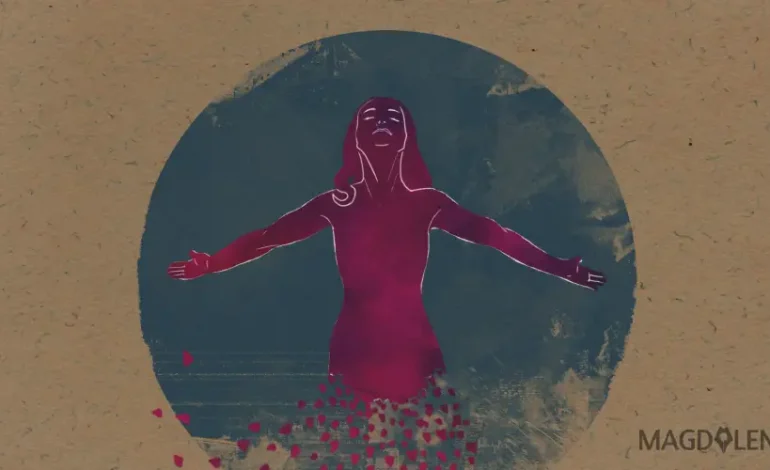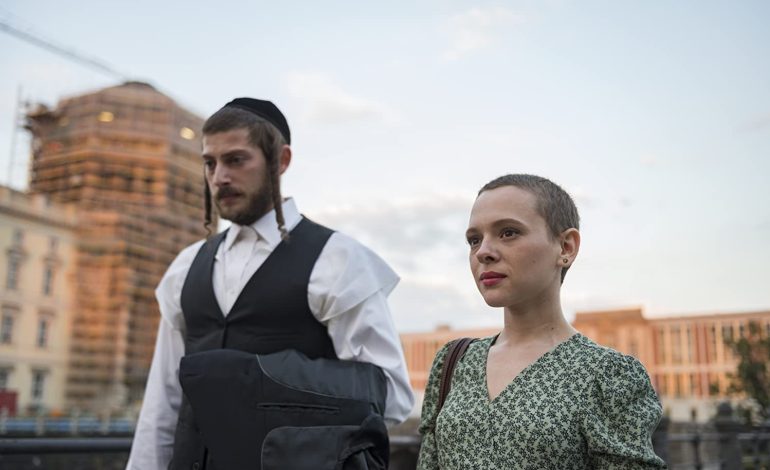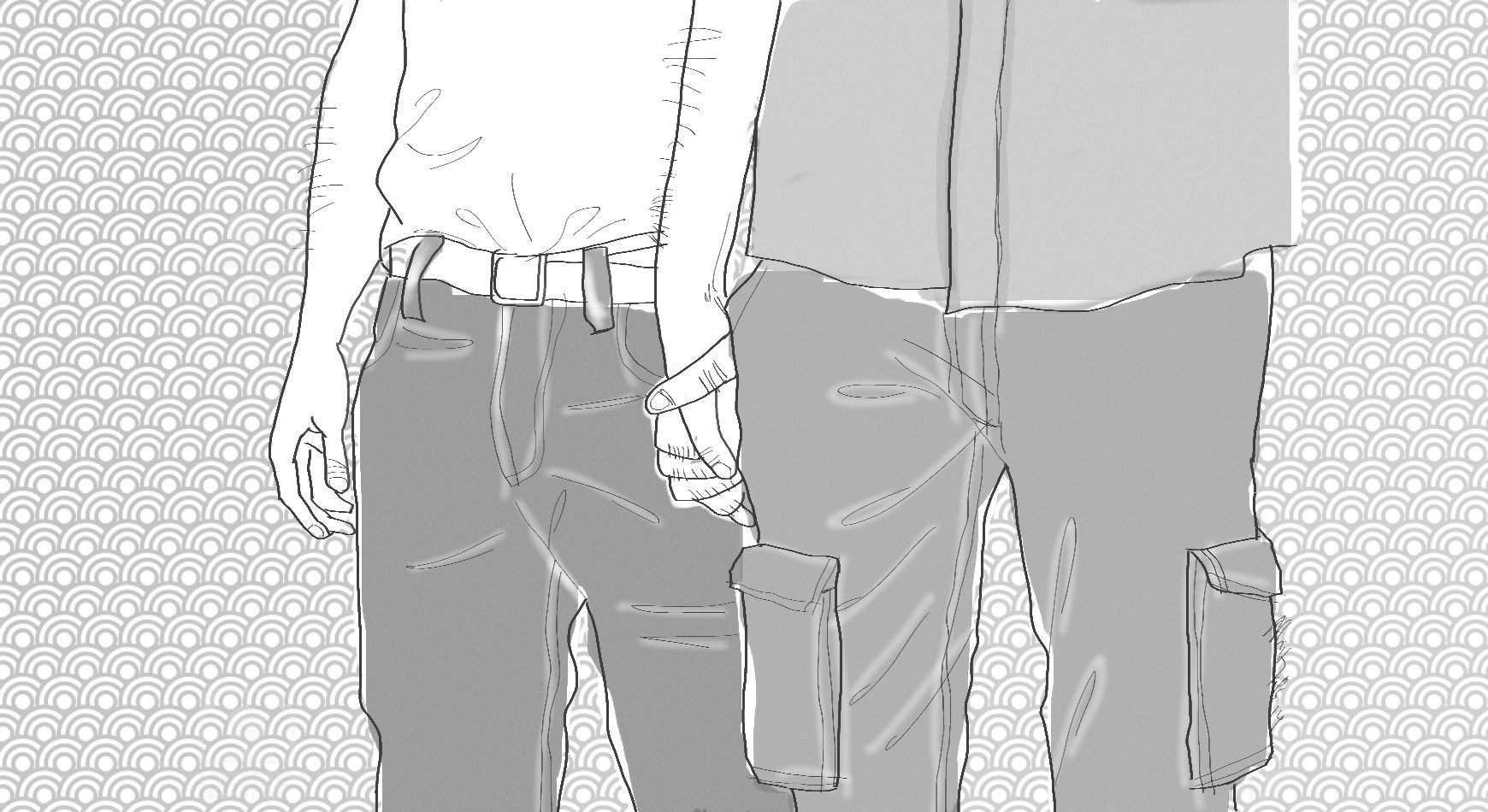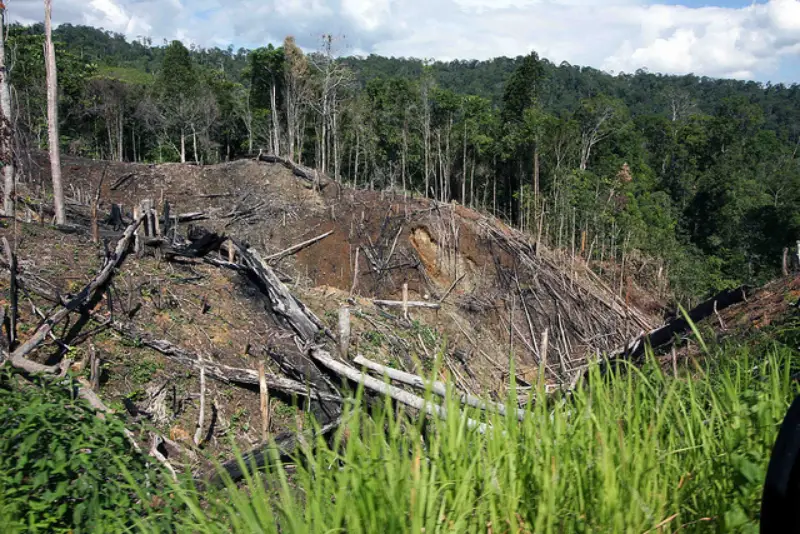How COVID-19 Affects Our Lives in a Small Village in Bali

When COVID-19 hit the world, everything crumbled. Most people have to stay at home to quarantine themselves, classes are moved online, and meetings are conducted over digital platform.
But this is not for everyone. I live in a small village in Bali and most people in my village cannot work from home. Most of them are farmers, traditional fabrics makers, hotels or small restaurants staff, and traders at traditional markets.
Our everyday life started to change before Nyepi Day (the Balinese day of silence to celebrate the Saka New Year) on March 25. The ogoh-ogoh parade to be held on the eve of Nyepi Day was cancelled, though preparation had begun a month back, as was the purification ceremony Melasti.
My mother is a trader at the morning market, so physical distancing is impossible for her. The market starts around 3 a.m. and ends by 11 a.m. It is most crowded from 4 to 6 a.m. Not much has changed in the market, except now the gossips revolve around COVID-19 and rising prices of daily necessities.
Gossips spread fast at the market–and less than a quarter of it is to be believed. News that spread from mouth to mouth lose a lot of its original information. Once when a woman fainted at the market, words spread that she was a sister of a cruise worker who just returned home, and that their grandfather just passed away some days ago due to some respiratory disease. Panic soon ensued, though later it was discovered that the old man who passed away in recent days was not their grandfather. Why she passed out remained unknown.
Teachers in villages have their challenges. The government insists that schools go online, but most teachers and students here don’t even know how to use Google Hangout or Zoom, nor do they have the resources. My father is an elementary school teacher who will retire in two years and he struggles to conduct online class. He can only give his students assignments and answer their questions via WhatsApp. Meanwhile people talk about teachers being paid for staying home.
Makers of traditional fabric can’t sell their products because there are no buyers, of if there were, they insisted on paying less.
Things started to become worse came April. With more annual religious ceremonies and rituals cancelled or postponed, people started to pray harder and make many kinds of offering to God. More people started to wear a masks.
Hotels and small restaurants were temporarily closed by the Bendesa Adat (the customary village chief) leaving many workers without job or temporarily unemployed. On April 9, the Bendesa Adat announced that the morning market will open from 6 a.m. until 11 a.m., and traders from outside the village can only come every three days.
On the first day no one followed the rules. The customary village authority had to lock down the market at 11 a.m. On the second day, street vendors outside the market still didn’t follow the rules, which triggered a protest by the traders inside the market. Some of the traders inside the market refused to make their daily payment to the market chief unless the street vendors followed the rules. On the third day, everyone finally followed the rule but under the watching eye of the police, customary village authority, and Pecalang (customary village guard).
I don’t know what it would be like weeks or months from now, and how much worse the pandemic would affect our everyday life. But I hope the government will help slow down the spread of COVID-19, including offering rapid tests on massive scale; provide assistance to people who’ve lost their jobs; and come up with policies to weather the massive economic impact of the pandemic.






















